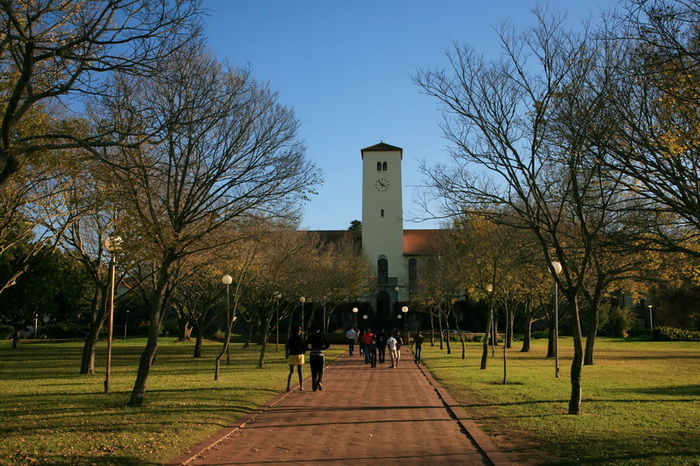As the 2025 academic year begins, students, parents and public higher education institutions are grappling with anxiety and uncertainty regarding the prospects of a smooth start.
Historically, the start of the academic year has often been marred by instability and disruptions, which may appear to pit students against universities. However, the core issue lies in the declining funding for public higher education in its entirety.
Students and their families face persistent financial challenges, including unresolved university debt, the defunding of some National Student Financial Aid Scheme (NSFAS)-supported students, inadequate funding for those outside the NSFAS framework and a shortage of suitable student accommodation.
This time of year forces many families to confront a critical question: how will they finance university studies?
Simultaneously, government subsidies for public universities have been declining in real terms. Budget cuts and penalties have begun to strain institutions severely. University leaders are left questioning whether the funding allocated will suffice to cover the budgets approved by their councils. Even tuition and student residence fee increases linked to CPI adjustments fail to meet the actual costs of operating a university.
Bleak prospects for NSFAS
While the NSFAS model introduced in 2018 was initially seen as a breakthrough for student funding, its long-term prospects are bleak.
The most recent Medium-Term Expenditure Framework (MTEF) projects a R5-billion reduction in NSFAS allocations from 2024/25 to 2026/27. Over this period, higher education spending, as a percentage of GDP, is also expected to decrease from 2% to 1.78%. Consequently, per capita funding for both students and public universities will decline.
Despite these financial constraints, the government and society continue to expect universities to expand access and improve student success rates. However, this expectation contrasts sharply with the projected reduction in funding.
As a result, the financial burden of maintaining quality higher education will disproportionately fall on students, their families and universities’ fundraising efforts — an unsustainable situation.
At a strategic level, deteriorating higher education funding has profound implications for social justice and socioeconomic transformation. Public universities play a vital role in developing skilled, knowledgeable graduates who contribute significantly to national and global development across economic, social and cultural spheres.
At the institutional level, this funding shortfall undermines universities’ capacity to deliver critical academic, knowledge and skills development functions. The quality of education will be compromised, making it difficult for institutions to attract and retain high-calibre students, academics and researchers.
Universities will also struggle to provide essential research equipment and facilities necessary to address pressing national and global challenges. If this trend continues, South Africa’s once-robust research and innovation system could face irreparable damage.
These financial challenges will further deepen inequalities. Families with financial means will either send their children to private institutions or overseas universities.
Declining quality
Meanwhile, poor and working-class youth will be left with access only to education of declining quality, reducing their prospects of employment and upward mobility.
This dynamic will intensify existing social and economic inequalities, making it harder to build an inclusive economy, address unemployment and create a just and equitable society.
Historically, South Africa’s public university system has been among the best performing in Africa and the developing world. Its structural and regulatory frameworks, involving collaboration between the state, civil society and universities, are globally respected. Degree qualifications from South African universities have remained competitive internationally.
However, the current underfunding — impacting both research and innovation — has allowed countries like Egypt to surpass South Africa in research output, as evidenced by the Web of Science data and Gross Expenditure on Research and Development (GERD).
Higher education should be recognised as a public good. Funding it should not be viewed as an expense but as a strategic investment in the country's future.
By investing in public higher education, South Africa can unlock the potential of its youth and address social, economic and developmental challenges both nationally and globally.
Building a resilient, sustainable higher education system requires time and substantial investment, while neglect, poor policy decisions and insufficient funding can rapidly undermine it.
We call on the state and the private sector to prioritise sustainable funding for public higher education. The current NSFAS model lacks long-term viability and requires urgent reassessment.
Additionally, a financially sustainable mechanism must be developed to support “missing middle” students and postgraduate studies.
Finally, we urge South African society as a whole to protect and defend public higher education institutions as essential drivers of economic growth, social mobility and national transformation. DM
Professor Sizwe Mabizela is Vice-Chancellor and Principal of Rhodes University. Professor Thandwa Mthembu is Vice-Chancellor and Principal of Durban University of Technology.




